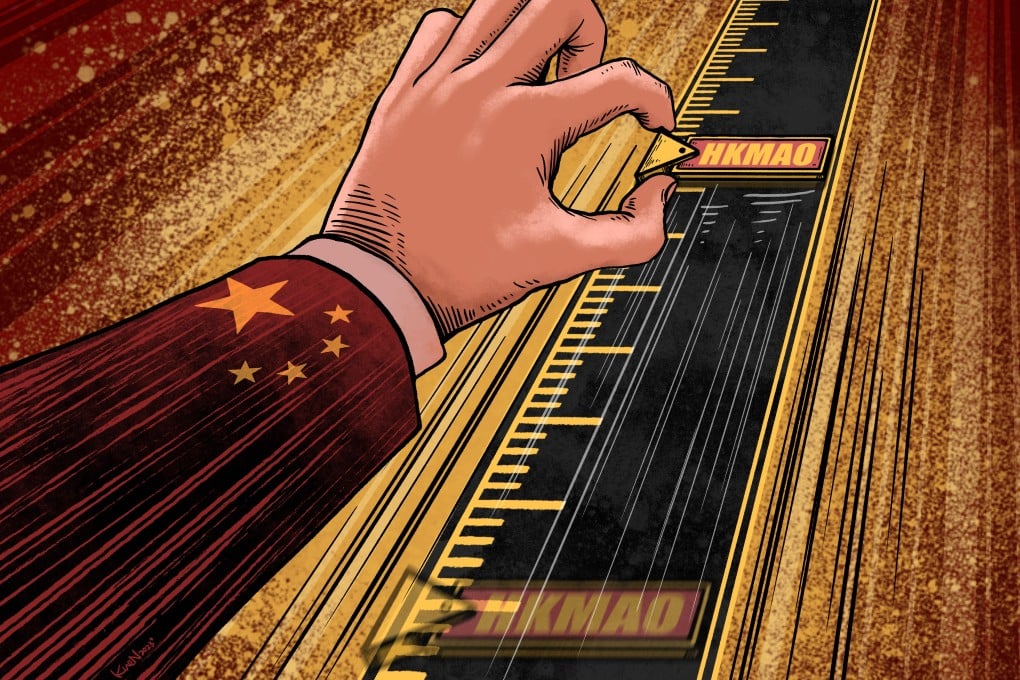How to understand the ‘elevation’ of Beijing’s top office for Hong Kong affairs? Is the city more ‘special’ now? Analysts unpack the meaning behind the move
- The Hong Kong and Macau Affairs Office is to be revamped and to report directly to the Communist Party’s Central Committee instead of the State Council
- It will provide a clearer chain of command with other benefits such as greater efficiencies, but some ask whether high degree of autonomy will be affected

Beijing announced on Thursday that its top office overseeing Hong Kong affairs will be restructured to report directly to the Communist Party’s central leadership instead of the State Council.
Observers said the office’s elevation had underscored Hong Kong’s importance to the country’s overall development plans and the leadership’s intention to secure the city from national security threats amid heightened geopolitical tensions.
Here is what you need to know about the restructuring plan and what it means for Hong Kong.
1. When was Beijing’s office on Hong Kong and Macau affairs formed and how did it evolve over the years?
In 1978, a working group on Hong Kong and Macau affairs, which had existed within the party machinery since the mid-1950s, was put under the direct leadership of the Central Committee of the Communist Party. It was tasked with supervising the establishment of a separate office under the State Council to serve as the executive arm responsible for implementation and coordination of policies concerning Hong Kong and Macau.
That year, the third plenary session of the 11th party Central Committee was held during which the late paramount leader Deng Xiaoping launched China on a path of reform.